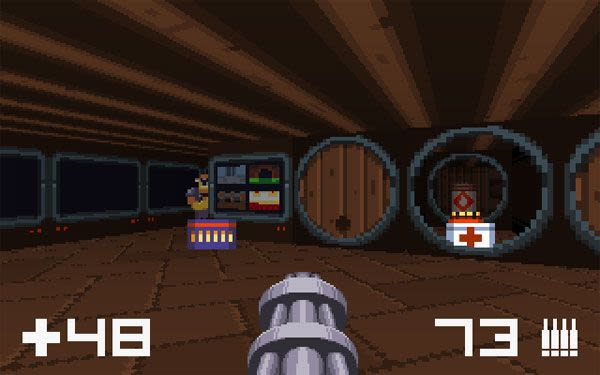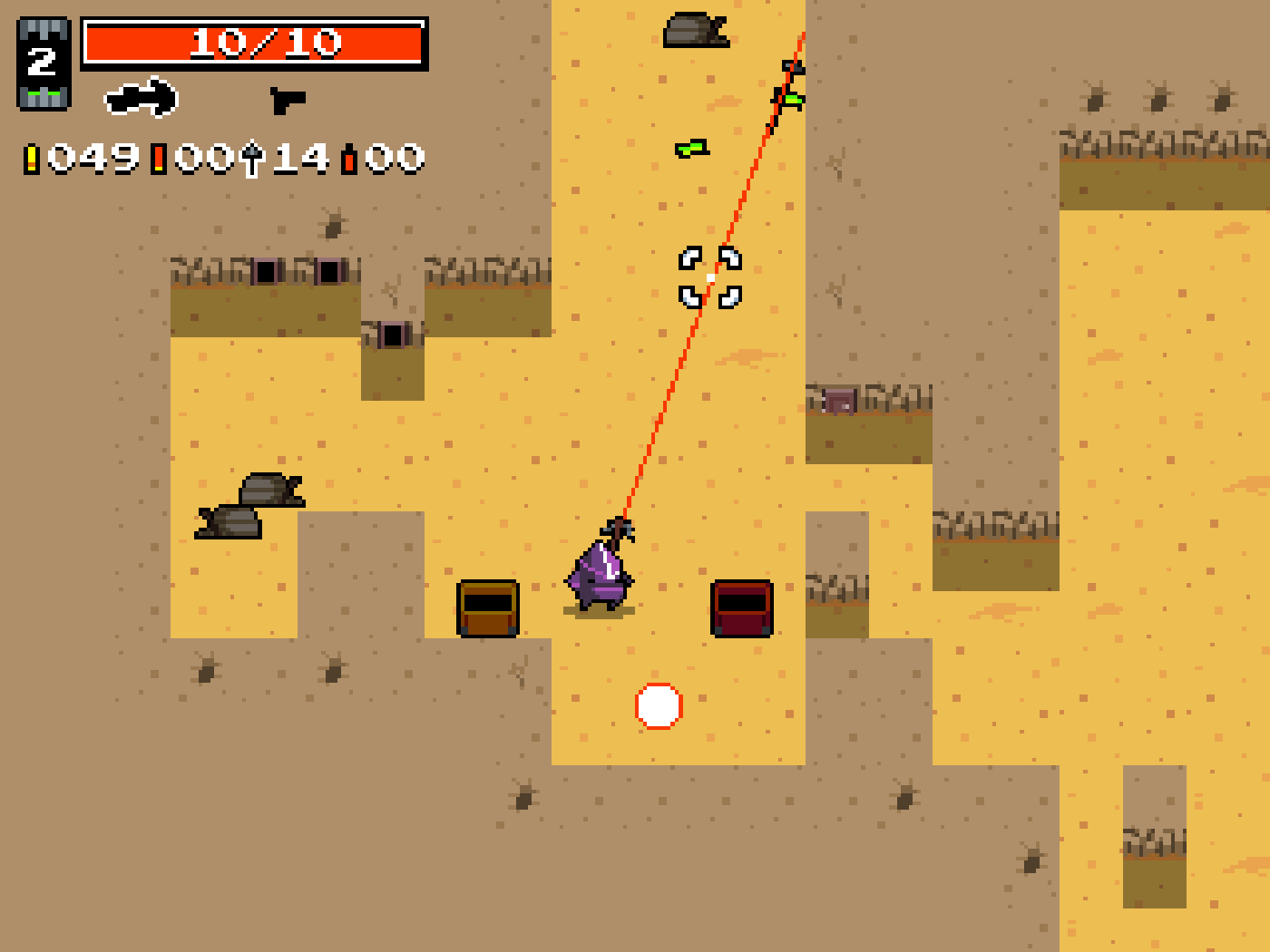The Struggles of Small-Scale Studios
Mark Warren examines the challenges faced by today's independent game developers.
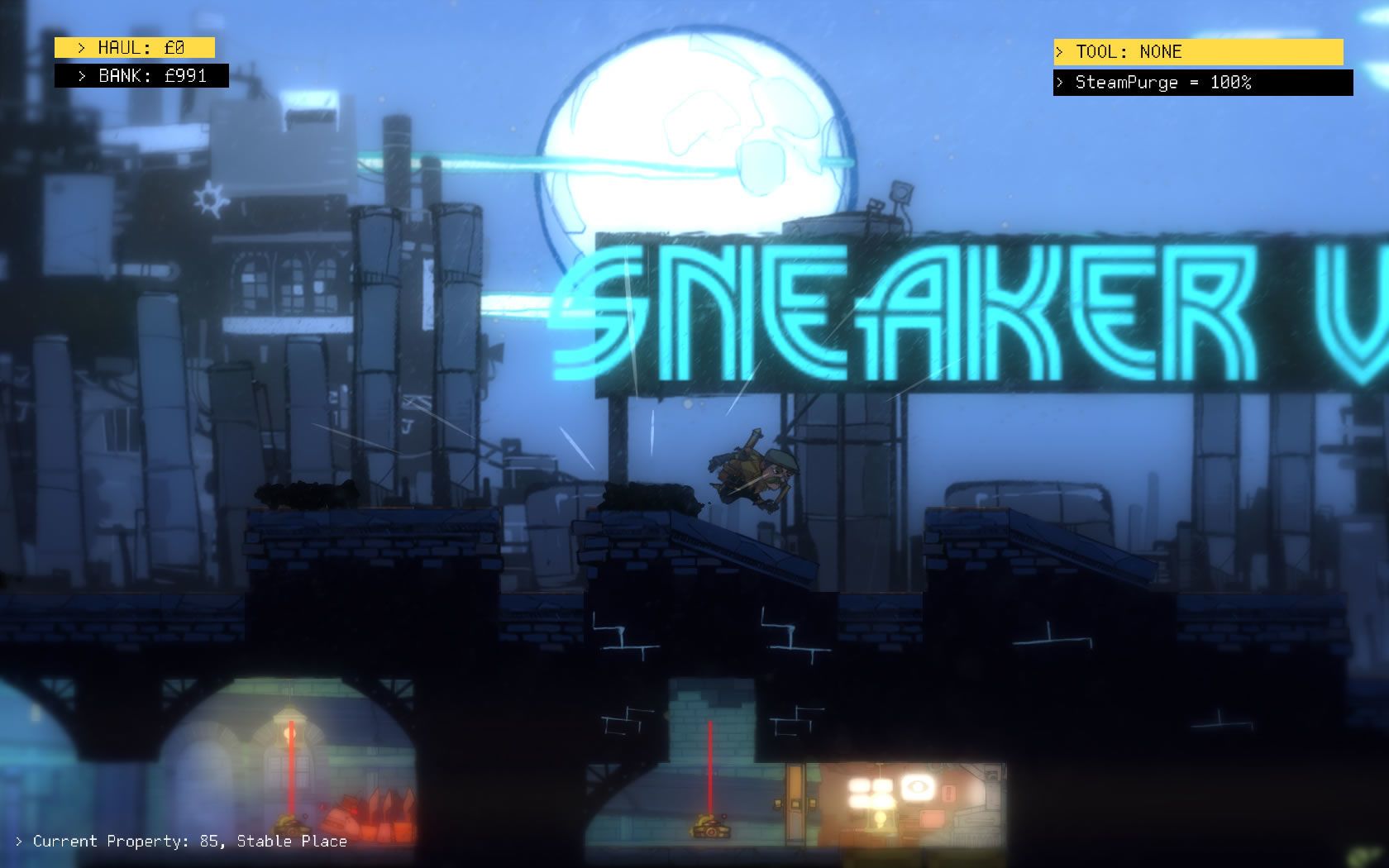
For many game developers, the idea of starting an independent game studio is a pipe dream.
Though the idea of being able to work on your own unique projects outside of the unavoidable and sometimes restrictive structure of triple-A studios is usually appealing, it also comes with the looming spectre of increased financial uncertainty, which can be enough to put some people off.
So, is starting your own indie studio a gamble worth taking, or something that only those with considerable savings should consider?
Most indie studies are born out of the founder's love for making games. This was certainly the case for Dan Marshall and Jake Birkett, founders of independent studios Size Five Games and Grey Alien Games respectively.
“Making games was my hobby, it was something I'd enjoyed doing from since I was a kid.”, says Marshall, adding: “The inspiration was always my passion for games, and the thrill I got from making my own.”
“I’d been programming games as a hobby for 20 years, since the home computer boom of the 1980s, and I finally decided that I wanted to do it as my full-time job in 2005.” says Birkett, “I had experience of running a business, because I had managed a bookshop software company for several years. This gave me the confidence to have a go at running my own company.”
For programmer Clement Capart, who co-founded Newcastle-based independent studio High Tea Frog in 2017 alongside two others, starting a studio was an intimidating prospect: “It was definitely daunting, but having experience and a good resume helped a lot. There are tons of things to learn when starting your own business and as much as we knew how to do our job in game development, we didn't have much experience in all the business/legal side of things, so we had to learn while doing.”
In the case of Rami Ismail, who co-founded Dutch independent studio Vlambeer immediately after dropping out of Utrecht School of the Arts, running an independent studio was his only route into the industry: “I didn't have much of an option. I knew nobody, my co-founder knew a few small indie devs without commercial success. We expected things to be hard, they were hard.”
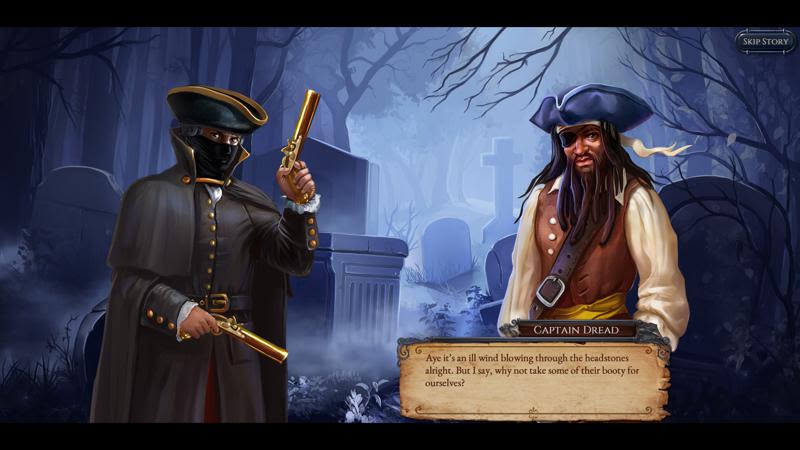
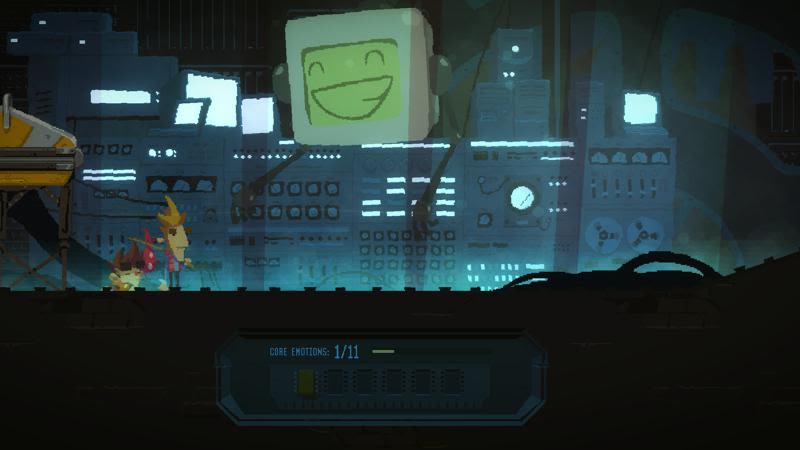
By far the biggest challenge early on for these small indie studios was the harsh financial reality they came up against right out of the gate.
“My first couple of games flopped, and I hardly earned any money for the first 18 months.” says Birkett, continuing: “In the early days, I was still doing some IT consultancy, this brought in extra money. My wife was also earning some money, but we still had to borrow to get through this patch.”
“We started with no salary for a long time, just using some savings and being really careful with all our expenses.”, says Capart.
For Ismail, the biggest challenge came from the reputation held by indie games at the time: “Mostly getting anyone to take indie games seriously. Back in those days, indie was a niche hobby, not an accepted part of gaming.”
Severance pay from a previous redundancy helped him at first, but Marshall has also endured near constant financial uncertainty: “Money is the big, ever present worry. In the early days it was strangely easier because any game would sort of sell well enough to prop up development for the next one. These days, I'm not so sure that's true. The market is swamped, so many great new games, it's hard to guarantee success as much.”
Thankfully, there are numerous methods small studios can use to achieve financial stability, for example, the UK government’s Video Games Tax Relief initiative and grants from organisations like Creative England. However, by far the most permanent means available to indie studios to offset the financial sword of Damocles is securing contract work from larger studios and publishers, but with more financial stability comes less creative freedom. And that's a tough trade-off.
“You get more freedom at a small studio, but a lot of the work at those kind of studios are contract based,” says Tom Elliott, who helped to run small studios Magik Arts and Hexdragonal, before joining Sunderland-based Coatsink, “You get freedom to deliver sure, but fundamentally you're working to the client’s vision.” He continues: “You get a lot more influence over the direction of the business. Any internal IP is all yours of course, but you still need to fund it!”
“We had to find contract work quite quickly to be able to pay ourselves enough to live before all our savings would be gone,” says Capart, “That wasn't our goal though, we wanted to make our own games, so we had to find a balance between time on contract work to pay the bills and time on working on a project which could seduce a publisher and players to help us releasing it and pay the bills for us.” He adds: “That time was really stressful as, for a while, we didn't know if we would have to close the company 3 months later or not.”
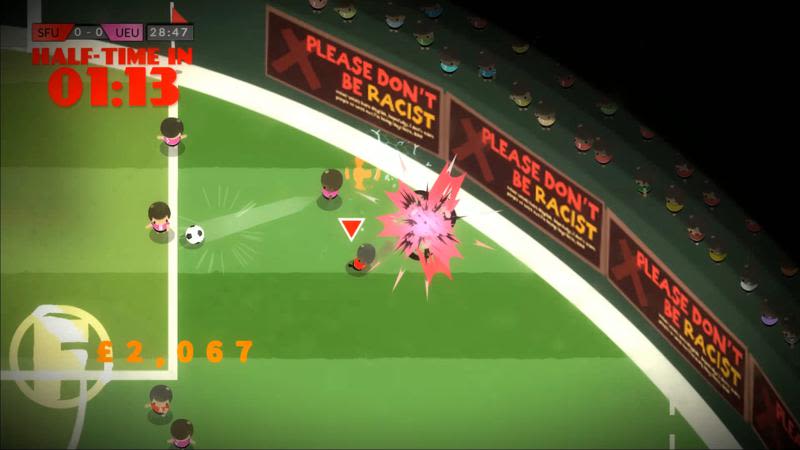
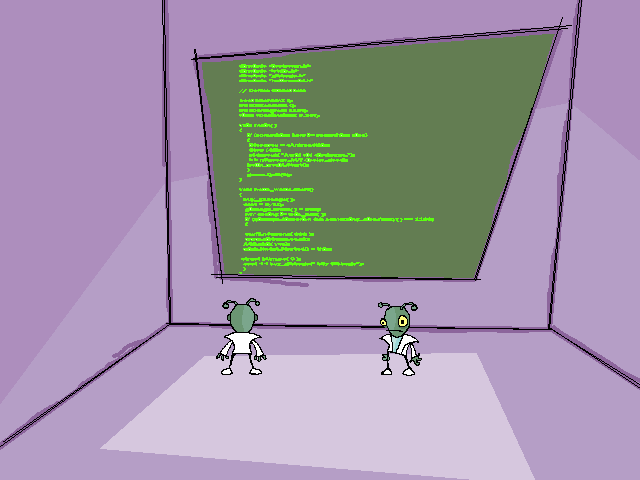
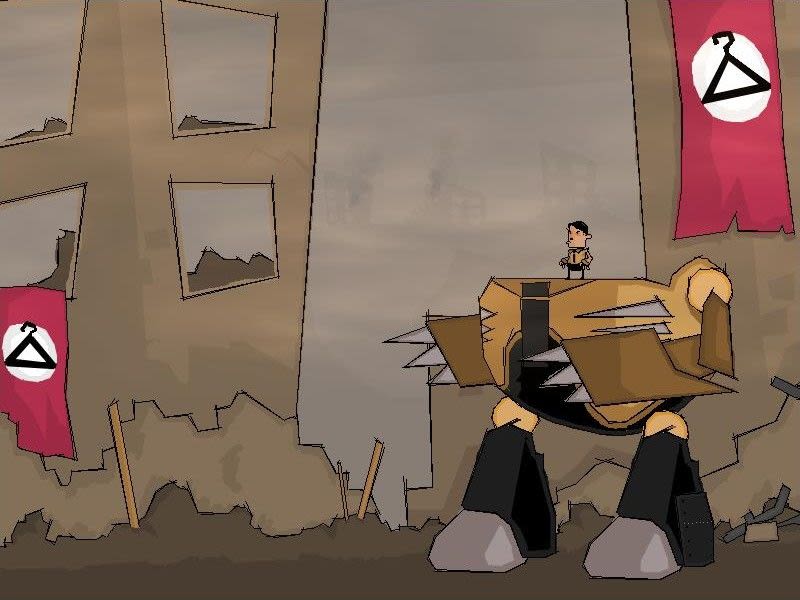
A talk by Jake Birkett at 2016's Game Developers Conference about how to survive as an independent studio.
A talk by Jake Birkett at 2016's Game Developers Conference about how to survive as an independent studio.
However, even if you are working some grim contracts, there are serious perks to independent coding.
“I'm my own boss, I can work what hours I like, and I’m not answerable to anyone.”, says Marshall, “I can do what I want and make my own mistakes, and that kind of life away from the rat run and from the corporate structure is, to me, worth its weight in gold.”
So what should you do when starting an indie studio?
“Be absolutely certain that this is what you want to do, and that you have the required skills and financial runway to start a business,” says Birkett, “Make sure that you are aware that it could fail, because many small businesses do and it’s a highly competitive market.”
“I'd always advise to keep your costs down. I see a lot of studios forking out thousands for an office, when they should he working from home, remotely,” says Marshall, “Pay an accountant to do your taxes, a lawyer if you have to for contracts, but otherwise keep hold of every penny and spend nothing frivolously.”
“I would advise anyone wanting to start their game studio to get experience in a successful studio first, ideally to ship a few games from start to finish before starting on their own.” says Capart.
“Make friends at networking events, not business contacts. You never know who'll need work in a year or two.” advises Elliott.
At the end of the day, starting a new studio is always going to be a challenging experience. The extra economic stresses that come with existing outside of the Triple-A structure will always be present, but, for some, the increased freedom to manage your own time is well worth it. So, if you’re thinking of making your indie development pipe dream a reality, remember Rami Ismail’s words: “we are not bound by anything but our ability to pay rent”.
